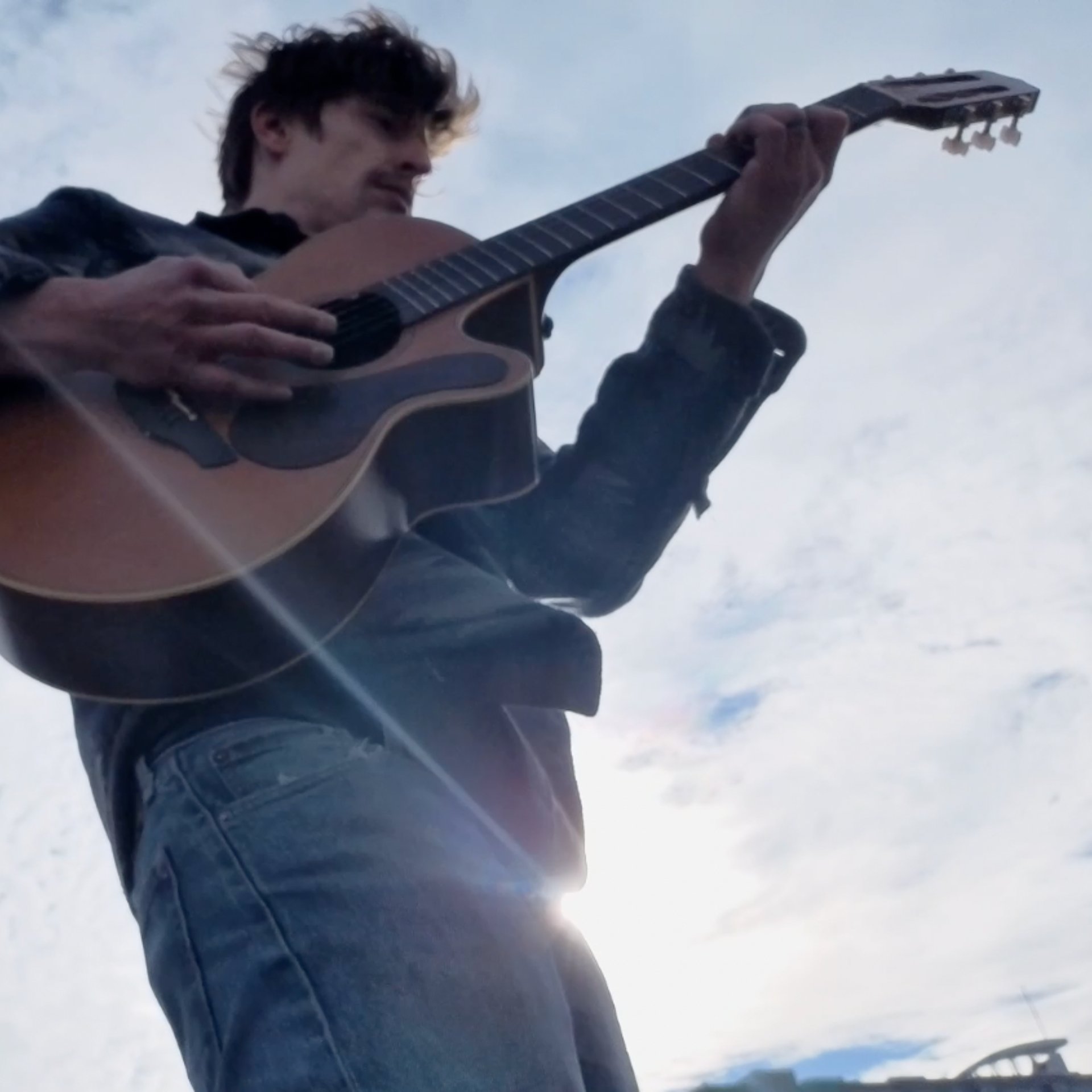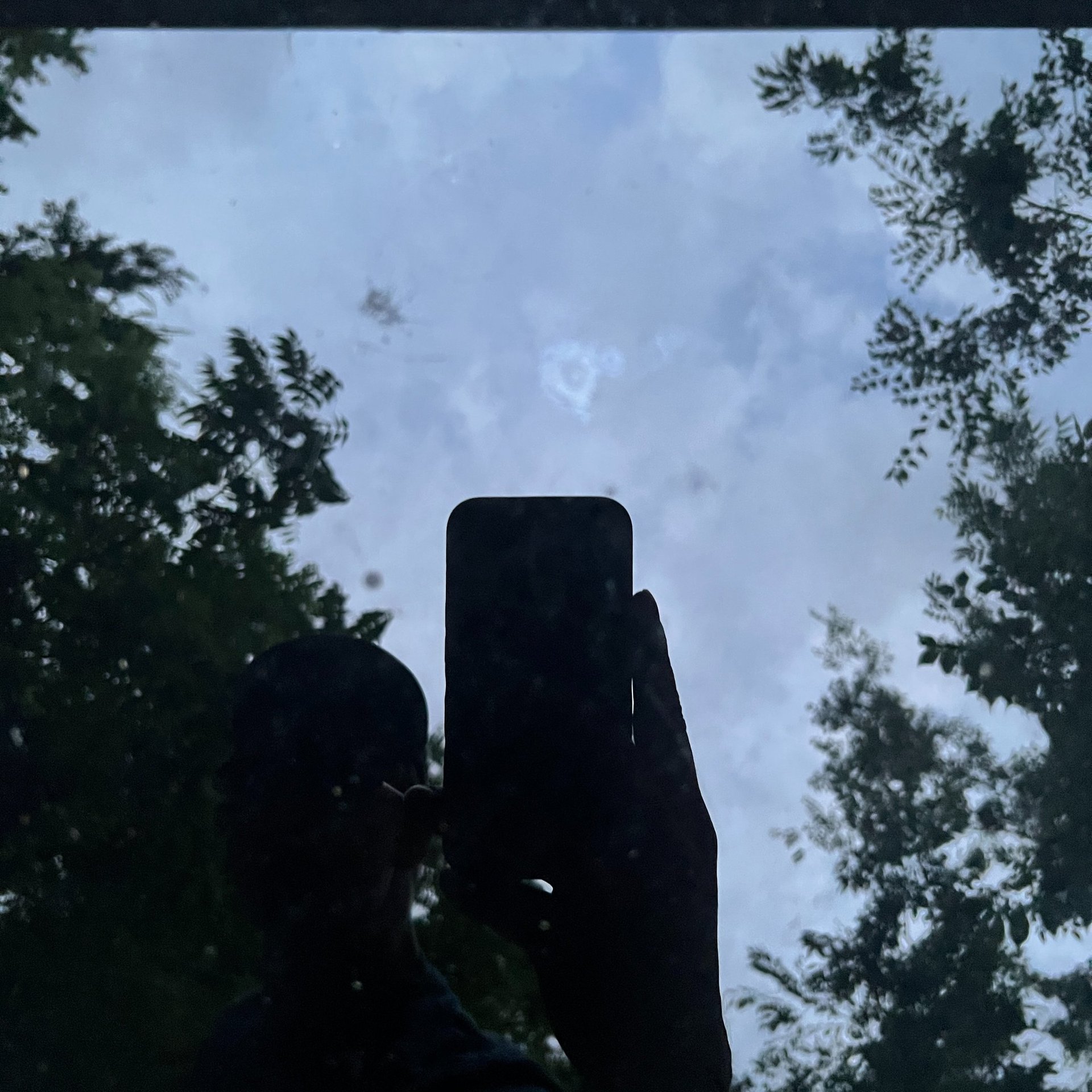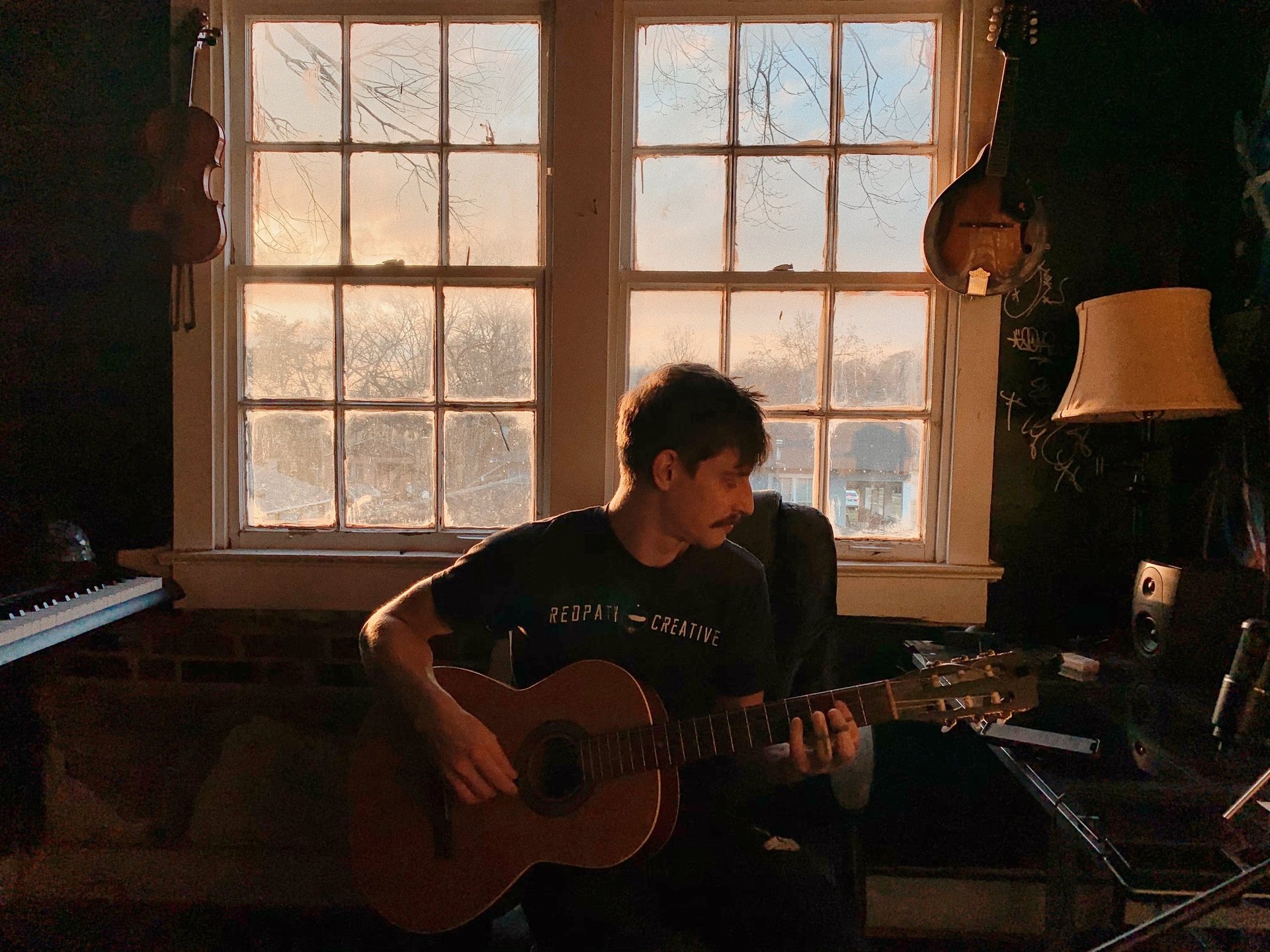
Indie Folk Rock
FETCH

This is an original song written in response to ICEVSMN
Overdramatized? maybe maybe not.
But this is the feeling of the times for many.
And I capture in song what I see.




